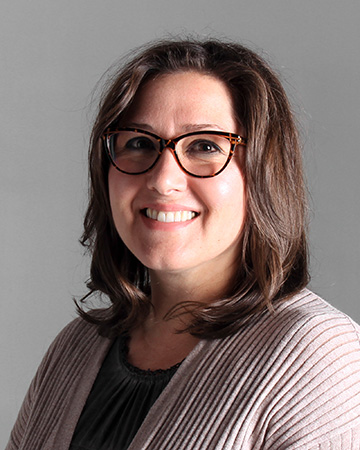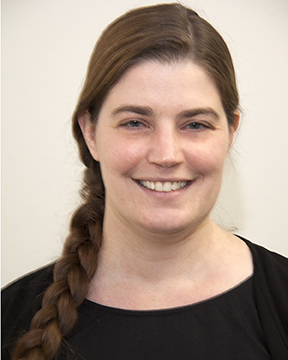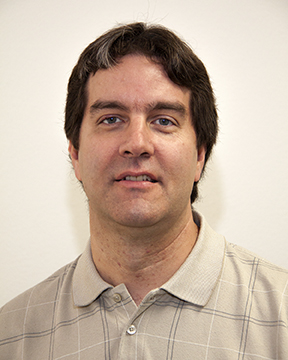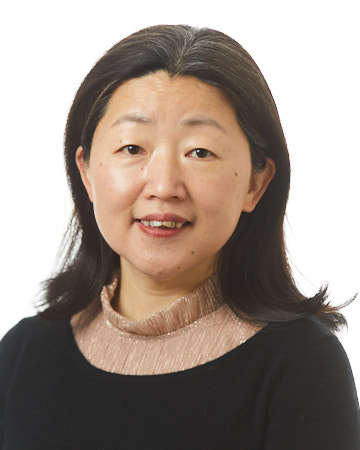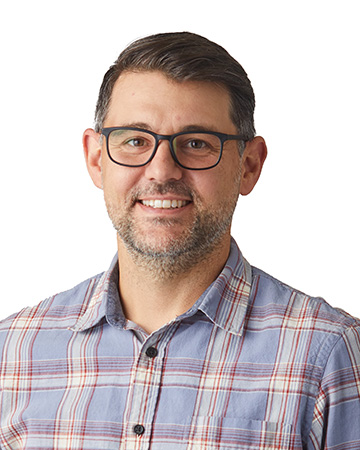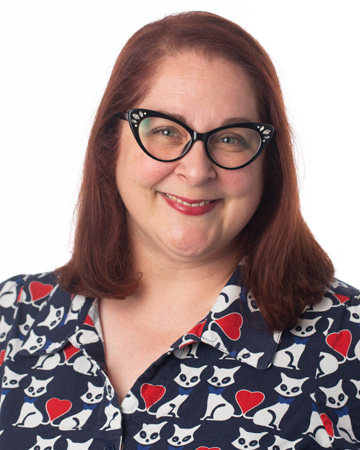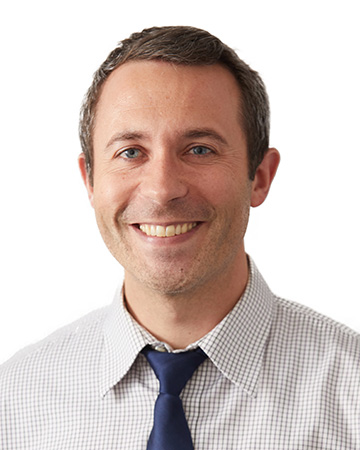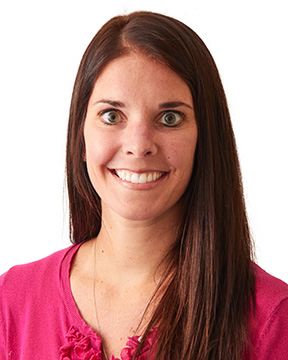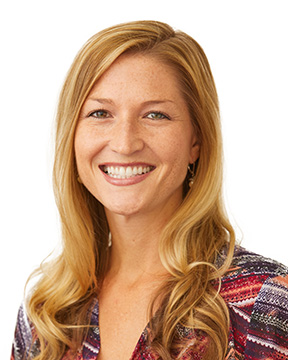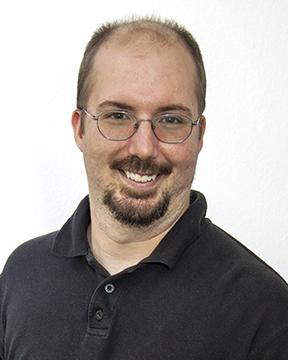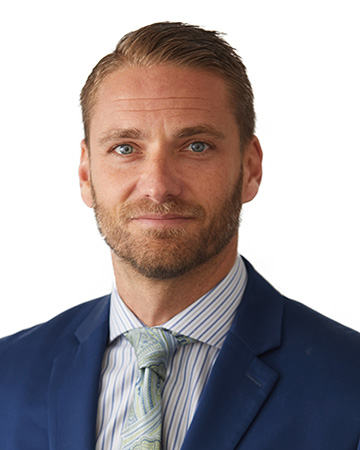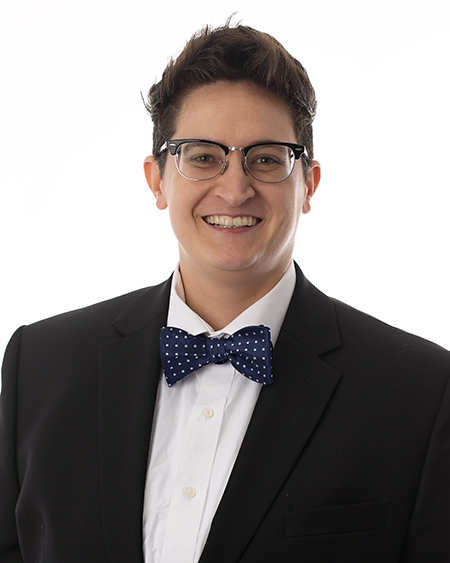UWL Faculty Information
A page within Concurrent Enrollment
What is Concurrent Enrollment?
Concurrent Enrollment allows high school juniors and seniors to complete UWL courses within their home schools, earning both UWL and high school credit. Courses are taught by high school teachers approved by UWL departments to teach the course in alignment with UWL curriculum and learning outcomes. That means faculty help provide high-quality learning opportunities to regional high schools, and gain the opportunity to partner with exceptional high school teachers.

Why UWL Offers Concurrent Enrollment
Mission-driven
“UW System courses offered for credit at WI high schools provide an opportunity for … students to engage in a special college-level learning experience. High school and college faculty forge strong working relationships … (which) benefit both faculties, their institutions and their students. … Students may benefit from accelerating completion of a college degree, reducing the cost of their college education, and entering the work force sooner.” – UWS Policy 185
Equity and Inclusion
Tuition for UWL Concurrent Enrollment courses is $110/credit vs. the regular in-state tuition of approximately $300/credit and students do not incur travel costs for instruction (courses are taught at their high school). Some school districts cover the cost of Concurrent Enrollment tuition or pay a portion of the tuition.
Recruitment
Concurrent Enrollment creates a pathway for the UW System as many students go on to enroll at other UW System campuses.
Faculty Development
Concurrent Enrollment provides a channel of connection for UWL faculty and high school teachers. Ideas and techniques are shared and the collaboration benefits both high school students and UWL students.
Faculty Partners
Art 160 - General Art Foundations
- Associate Professor
- 202 Lowe Center For The Arts
- llenarz@uwlax.edu
- 608.785.8235
Specialty areas:
Art Education
Biology 105 - General Biology
- Teaching Associate Professor
- Wittich Hall
- tmika@uwlax.edu
- 608.785.8249
Chemistry 103 - General Chemistry I
- Professor
- 3040 Prairie Springs Science Center
- kbeyer@uwlax.edu
- 608.785.8292
Specialty areas:
Physical and Atmospheric Chemistry
Chinese 201 - Chinese Language and Culture in Action I
- Associate Professor
- 311C Graff Main Hall
- hxu@uwlax.edu
- 608.785.8312
Specialty areas:
Second Language Acquisition, Foreign Language Pedagogy, Computer-Assisted Language Learning
Communication Studies 110 - Communicating Effectively
- Assistant Professor
- 4217 Centennial Hall
- banderson3@uwlax.edu
- 608.785.8716
Specialty areas:
Public Communication & Advocacy, Dialogue & Deliberation, Social Movement Discourse, Communication & Leadership, Public Memory & the Nuclear Public Sphere.
I am the Basic Course Director for the General Education CST 110 Communicating Effectively course.
English 110 - College Writing
- Professor
- Wimberly Hall
- dthoune@uwlax.edu
- 608.785.6921
Specialty areas:
Writing Program Administration, First-Year Writing, Composition Pedagogy, Feedback, Assessment, and Fat Studies.
Health Professions 106 - Introduction to Health Related Careers
- Pre-Health Student Resource Center Coordinator
- 1209 Centennial Hall
- jbench@uwlax.edu
- 608.785.6957
Specialty areas:
Coordinate programming, outreach, group advising, and assessment in the Pre-Health Student Resource Center
Health Professions 250 - Medical Terminology for Health Professions
- Clinical Associate Professor
- Health Science Center
- acarpenter@uwlax.edu
- 608.785.5164
Specialty areas:
Radiation TherapyHoocąk 201 & 202 - Hoocąk Language and Culture III and IV
- Associate Professor
- 315 Graff Main Hall
- kmorris2@uwlax.edu
- 608.785.8323
Specialty areas:
Hispanic Linguistics, World Language Pedagogy, Pragmatics, Study Abroad, Curriculum Design, Computer-Assisted Language Learning, Teacher Preparation, Academic Literacy
Math 150 - College Algebra
- Associate Professor
- 1003 Cowley Hall
- mchedister@uwlax.edu
- 608.785.6609
Specialty areas:
Mathematics Education and Geometry
Public Health 204 - Introduction to Global Health
- Assistant Professor
- Mitchell Hall
- acedergren@uwlax.edu
- 608.785.6790
Specialty areas:
Health Program Planning & Evaluation
Health Education Research Methods
Global Health
Sociology 110 - Introduction to Sociology
- Assistant Professor
- 437N Wimberly Hall
- sfelix@uwlax.edu
- 608.785.6784
Specialty areas:
Criminal justice, criminology, victimology, queer criminology, and mixed methodology.
Spanish 202 - Spanish Language and Cultures in Action II
- Associate Professor
- 315 Graff Main Hall
- kmorris2@uwlax.edu
- 608.785.8323
Specialty areas:
Hispanic Linguistics, World Language Pedagogy, Pragmatics, Study Abroad, Curriculum Design, Computer-Assisted Language Learning, Teacher Preparation, Academic Literacy



